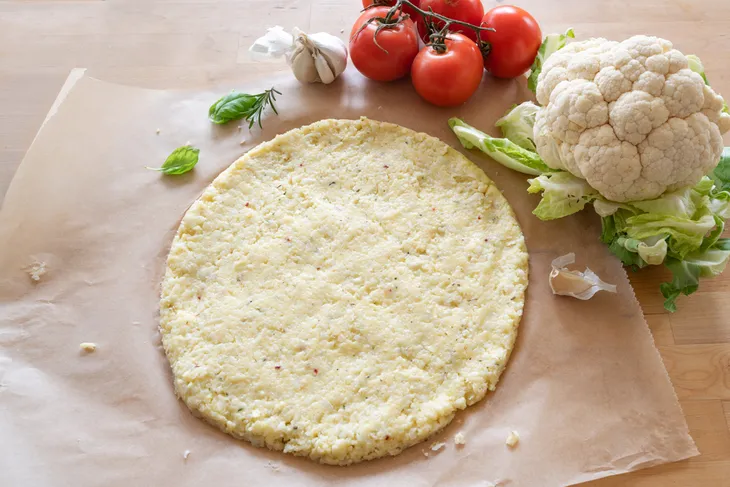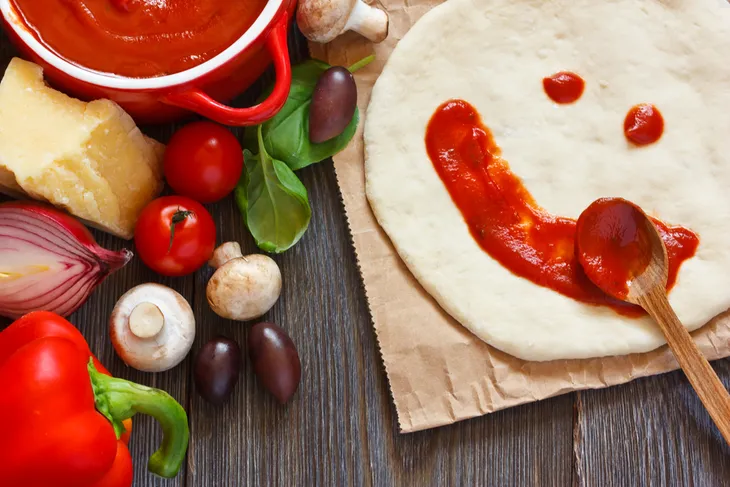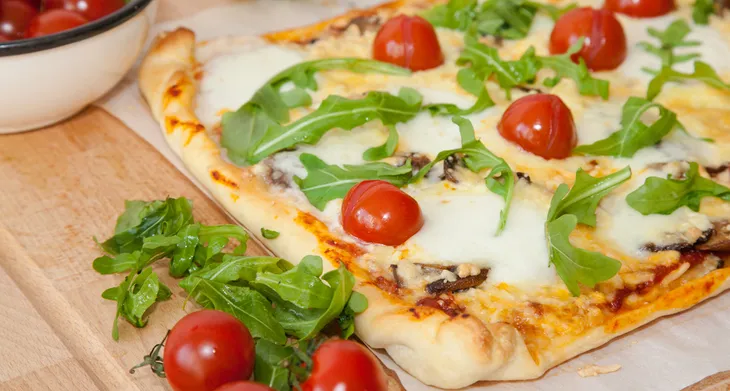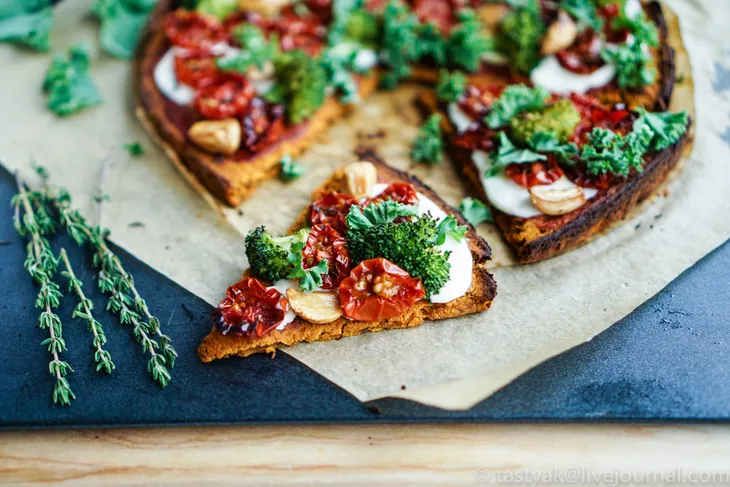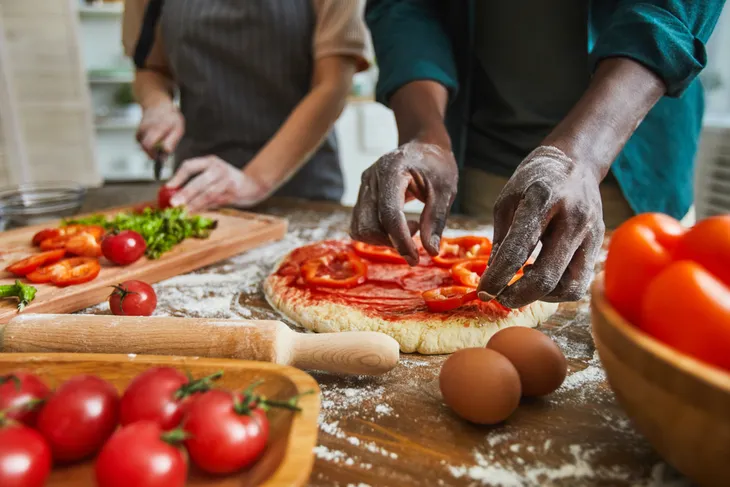Pizza often gets a bad rap because it can be associated with binge eating or something quick to grab when you’re out on the town. However, whether you’re eating a couple of slices on the go or having some cold pizza the morning after a night out with friends, it actually has some health benefits.
The Health Sciences Institute based in Baltimore states that pizza in the U.S. is typically made different from pizza in Italy, which traditionally has a thinner crust and therefore not as many empty calories as its American counterpart. But both varieties of pizza contain a key ingredient that can fight disease, according to the institute. Here are six reasons you shouldn’t feel guilty when gobbling down a slice…
Pizza Can Help Fight Cancer
That key ingredient in tomato sauce is called lycopene, according to the Health Sciences Institute. It is found in both domestic and Italian pizza pies, and it is a potent antioxidant that can help prevent cancer as well as protect you from heart disease.
However, the institute notes that like any food, the benefits will come from eating pizza in moderation (it suggests a couple of slices per week, not eating an entire pie in one sitting). It also says that lycopene is best absorbed by your body when it’s hot, so this is an instance where cold pizza loses out.
The Sauce Can Boost Immunity
Along with fighting cancer as mentioned earlier (Men’s Fitness magazine mentions prostate cancer in particular), the magazine says that the sauce is actually loaded with Vitamin C, which your body needs to prevent illnesses such as the common cold.
Again, it’s all about the right ingredients—a study by the University of Arizona found that adding oregano to your pizza sauce could further boost immunity. Oregano’s active ingredient is carvacrol, which can protect the liver, as well as promoting balanced blood sugar.
It (Mostly) Contains Nutritious Ingredients
Of course, this is directed by what you ask for in and on your pizza—Men’s Fitness magazine said that going “overboard” on toppings or binging on pizza is what makes it less healthy and labels it as “junk food”. Asking for triple cheese, double sausage or an extra thick crust probably won’t do you any favors.
Instead of a fluffy and thick crust, ask for a thin whole grain crust, suggests the magazine. Whole grains will make you feel fuller so you don’t consume as much, and can lower your risk of stroke and diabetes (some white crusts are loaded with sugar). Also ask for toppings like broccoli, ham, Parmesan cheese, garlic, and even pineapple which all offer nutritional benefits.
It Covers All Food Groups
Another great thing about pizza is you don’t need to make 5 different meals to get your entire recommended dietary intake for the day. The groups including fruit, vegetables, dairy, lean meat and grain can all be covered in one awesome pizza.
Think pineapple or tomatoes for your fruit intake (yes, tomatoes are a fruit); broccoli, red peppers or spinach to meet your veggie quota; cheese for the dairy component (you can substitute for low-fat cheeses); chicken or ham for leaner meats, and a whole wheat crust for the grain element. Bam! You’ve covered all your bases with one meal.
It Can Boost Your Brain
Certain ingredients on pizza are proven to be good for your mind. Spinach is a high source of folate, which promotes healthy blood circulation in the brain. A 2015 article in the Huffington Post notes that a daily serving of spinach can slow down cognitive decline in the elderly because of its Vitamin K content.
While eating tasty foods can put a smile on your face, it could be more than flavor that’s making your grin. The Dartmouth Undergraduate Journal of Science explains that certain foods can affect serotonin levels, a hormone linked to mood. The higher your serotonin, generally the better you feel. Pineapple and spinach were listed as serotonin boosters, as well as milk, which is a key ingredient in most pizza cheeses.
You Can Make it Yourself Easily
You may not think your cooking skills are up to the task, but pizza is relatively easy to make from scratch, and you can make it any way you like. That also means you can control exactly how much of each topping you receive, so you can go a bit heavier on the “healthier” ingredients and lighter on the others.
It may take a time or two to get it right (such as the art of throwing the pizza dough), but once you’ve mastered it, you may not want to order from a pizza chain again. You’ll save money, have fun, and come up with your own creations. You can even opt to bake a thin crust or an “airy” crust to cut calories—not every pizza joint offers these options. And you can use the leftover ingredients and toppings for other meals or healthy snacks.

